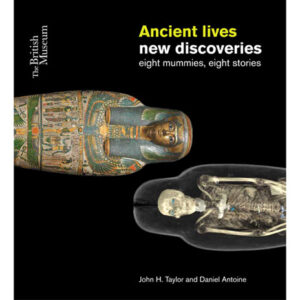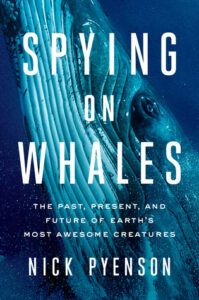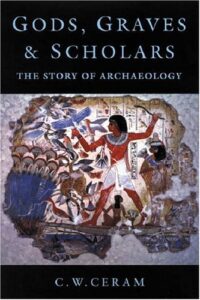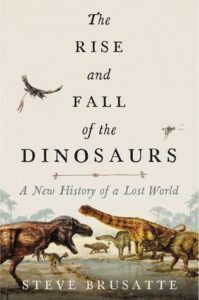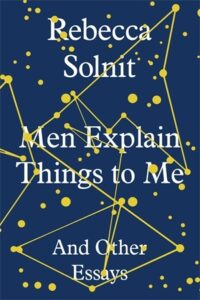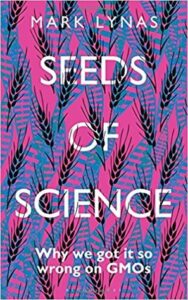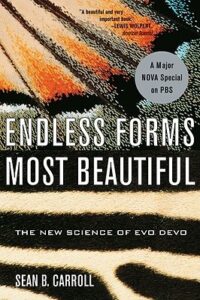 Endless Forms Most Beautiful, Sean Carroll
Endless Forms Most Beautiful, Sean Carroll
At this point, I must admit I’m a bad judge of pop-science when it covers biology. To me this is a very easy read now, covering simple topics, but I know I wouldn’t have felt that way a couple of years ago. If you’re interested in evolutionary biology, though, this is a very good primer on the science of Evo Devo: understanding evolutionary relationships through understanding the development of embryos, how certain genes work in causing large morphological differences even though almost the same gene can be found in a wildly different species.
I think if you have a reasonable understanding of genetics and how proteins are made, you should be okay here: it’s not requiring expertise, though it may take concentration to follow some of the reasoning if you’re not already familiar. If you are, it illustrates the principles nicely, and I imagine a full colour copy of the book (if it exists) would be rather physically gorgeous as well. There’s a lot of black-and-white images of butterfly wings, for instance, in my particular edition. The points could probably have been more clearly demonstrated with colour images where the differences are easier to highlight…
All the same, a fascinating book, whether you’re an expert or not (I think). Evo Devo is a bit of a buzzword for some biologists lately, and this book is worth the read for learning about that. I wish I’d read it before the module I did that included some of this stuff: it would have definitely made the learning part come easier!


